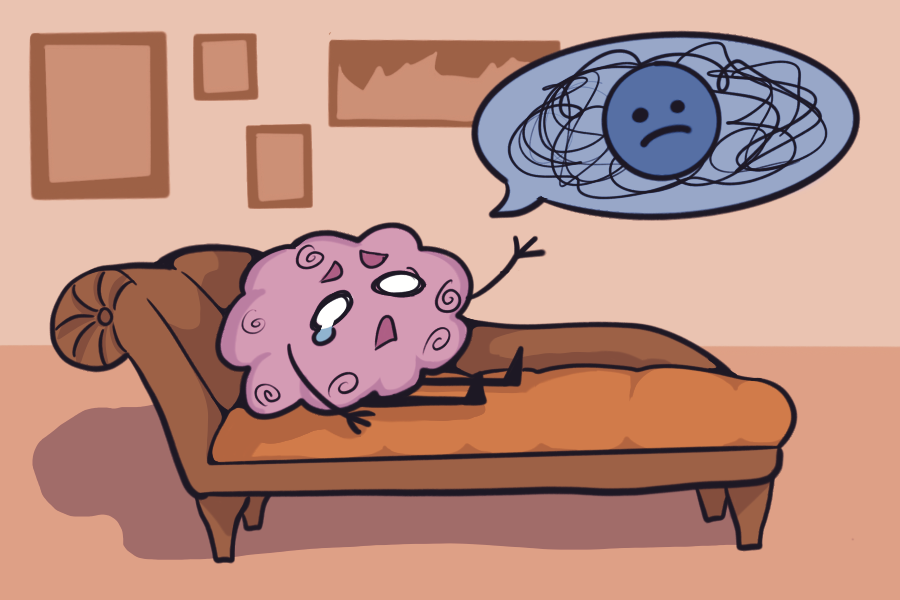Letter to the Editor | Honor confidentiality for those seeking help
May 1, 2023
Most clients seeking mental health services want privacy and assurance that their information will remain protected.
Confidentiality ensures that a mental health professional will not spread private information about a client around the community. Confidentiality is different than a recognized privileged relationship acknowledged by a judge.
A privileged relationship protects the client from having their therapy records subpoenaed in court. The current legal precedent states that psychiatrists, clinical psychologists and licensed clinical social workers are the only mental health professionals who maintain privileged relationships with their clients.
Champaign-Urbana serves a diverse population with a wide range in socioeconomic status. Many people seeking mental health services are on Medicare and Medicaid. Clients in poverty may choose to see mental health professionals who are bound by confidentiality but are not considered a privileged relationship that is recognized by the court because these providers are financially more accessible.
Some clients who are seeking to see a therapist who specializes in substance use disorders and addiction counseling may also be going through drug court.
Get The Daily Illini in your inbox!
Is it fair to subpoena this person’s entire mental health therapy records, even those that are not related to a specific drug offense?
Other clients may be seeing a therapist at a local domestic violence agency or agency that specializes in working with sexual assault survivors to get PTSD or trauma-informed treatment, such as eye movement desensitization and reprocessing therapy, cognitive processing therapy or prolonged exposure therapy.
If a woman’s abuser tries to subpoena her therapy records for a pending order of protection hearing or custody battle involving the woman’s daughter, is this fair?
Want to send a letter to The Daily Illini? Submit a letter through this form. Note that we reserve the right to edit for AP style formatting or reject any contributions.







